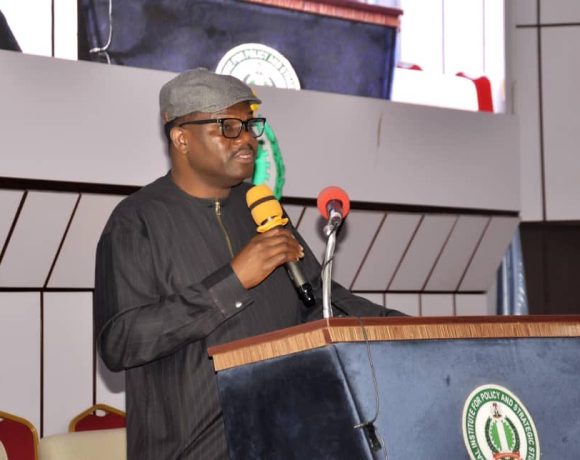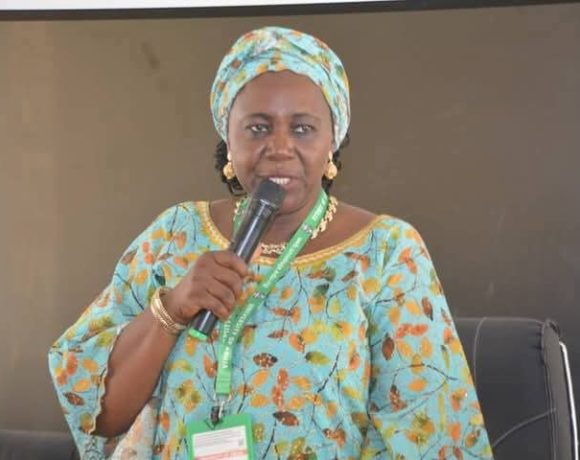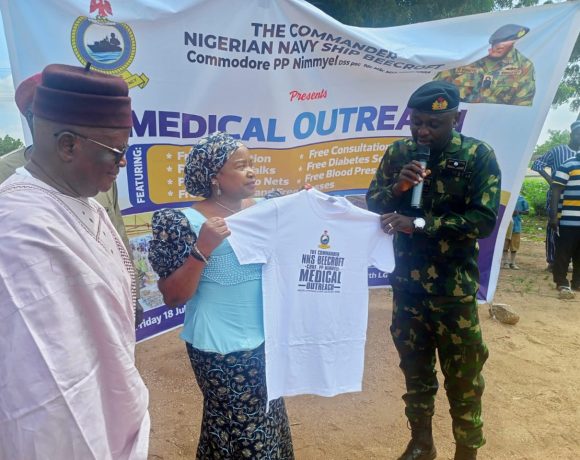NiMet seeks integration of weather protocols in Nigeria

Nigeria
The Nigerian Meteorological Agency (NiMet) has intensified calls for the inclusion of weather-related protocols within Nigeria’s multimodal transportation safety regulations, spotlighting meteorology as a crucial factor in enhancing the safety and efficiency of the nation’s transport systems.
Professor Charles Anosike, Director-General and Chief Executive Officer of NiMet, made this appeal during the Multimodal Stakeholders Workshop held on recently, in Abuja, organised by the Nigerian Safety Investigation Bureau (NSIB).
Professor Anosike stressed that all transportation modes—land, rail, sea, and air—are profoundly influenced by weather conditions. He highlighted the urgency of integrating meteorological data into Nigeria’s transport safety frameworks to build resilience against environmental challenges. This push aligns with NSIB’s ongoing efforts to overhaul and harmonize safety regulations across multiple transport sectors in Nigeria.
He reaffirmed NiMet’s commitment to delivering accurate, timely, and actionable weather forecasts and warnings that are critical in guiding transport operations. Professor Anosike argued that embedding weather considerations into safety protocols will significantly reduce weather-induced accidents, which still pose notable risks to life and property in the country’s transport sectors.
The workshop provided a vital forum for stakeholders across the transportation ecosystem to deliberate on developing practical, contextually relevant regulations. NSIB’s new frameworks aim to investigate accidents in rail and maritime sectors, aligning with international standards like those of the International Maritime Organization (IMO) and the International Civil Aviation Organization (ICAO). The agency’s extended mandate under the 2022 NSIB Act positions it as the lead regulator for multimodal transport safety oversight in Nigeria.
Professor Anosike applauded NSIB’s inclusive approach and its efforts to harmonize Nigeria’s transport safety regulations with global best practices. He expressed optimism that integrating weather-related protocols would further solidify these safety frameworks, transforming Nigeria’s transport landscape into one that is significantly safer and more reliable.
The workshop also underscored the necessity of multi-agency cooperation. Key institutions such as the Nigerian Maritime Administration and Safety Agency (NIMASA), Nigerian Ports Authority (NPA), Nigerian Shippers Council, National Inland Waterways Authority (NIWA), and Nigerian Railway Corporation (NRC) were urged to enhance their capacities to implement NSIB’s safety recommendations, particularly those addressing weather hazards.
This emphasis on weather-related protocols comes at a critical juncture as Nigeria’s transport infrastructure and safety management are being reformed and expanded. Acknowledging the growing impact of climate change and weather variability, incorporating meteorological insights into transport planning and operations is essential to safeguarding passengers, cargo, and the nation’s economic ambitions.
NiMet’s advocacy to embed meteorological data within Nigeria’s multimodal transport safety system represents a visionary step toward harnessing scientific expertise for tangible safety gains. Together with NSIB’s regulatory drive, this integration promises a more resilient, efficient, and secure transportation environment that supports Nigeria’s broader development goals. Sustained collaboration and adaptive regulations will be pivotal in realizing this forward-thinking vision.









